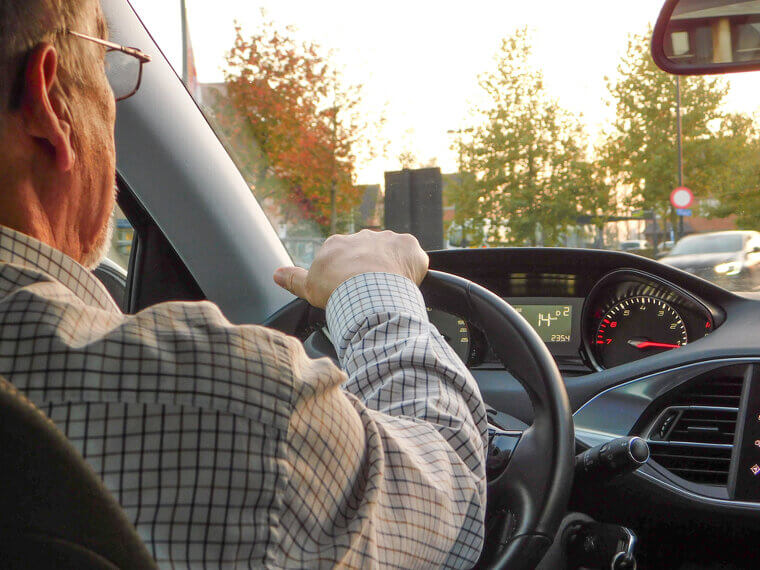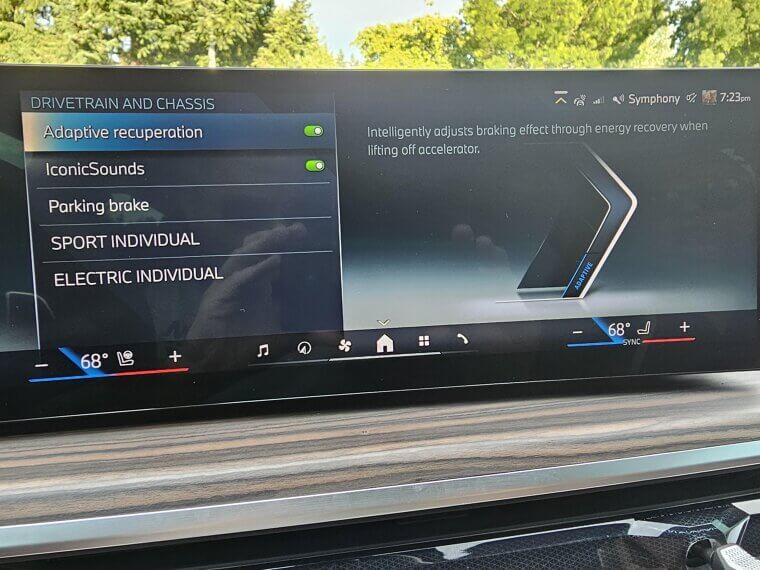Where Should We Draw the Line With Driving Age
We often talk about minimum driving ages, but have you ever thought about maximum driving ages? Should we have to give up driving? This is a discussion filled with controversy, nostalgia, and some panic. Let’s consider nine things.
Safety on the Road
As we age, our reflexes and vision change, and it could make a big difference behind the wheel. Some say that there should be an age limit on driving so that accidents wouldn’t occur from slower reaction times or decreased peripheral vision.
Medical Conditions That Impact Driving
Arthritis, dementia, and vision problems can creep up on older drivers. While many seniors drive well, there are some health concerns that can make making a left turn feel like dodging land mines. Some suggest a set age limit would be a simple solution to avoid these risks.
Politics
Currently, there is no push from either Republicans or Democrats for a comprehensive driving age limit. Most leaders prefer routine testing to a ban and frame the debate as a safety issue, instead of an age discrimination issue. No one wants to lose millions of senior voters.
Public Opinion Is Divided
Polls show Americans are split. Half say age should never dictate driving rights, the other half say a maximum age is fair if safety is at risk. The line in the sand is usually personal experience: if Grandma drives fine, people say, “Let her be.”
Millions of Seniors Are Still Driving
About 51 million licensed U.S. drivers are over 65, and many of them are still racking up serious miles. In states like Florida and Arizona, a large number of the driving population is made up of retirees and snowbirds.
The Transportation Problem of Rural America
In urban areas, losing your license means taking public transportation, like the subway. In rural areas, it often means being cut off and isolated. Without viable public transportation, implementing a maximum driving age means older Americans will be left stranded, miles away from groceries, doctors, or even their grandkids' school plays.
Technology as a Safety Net
Car technologies, such as lane-keeping assist, collision warnings, and automatic braking, can allow older drivers to continue driving safely for a longer period. Advocates say these tools could delay the need for a driving age cap altogether. Critics say they create a false sense of security and can’t replace quick human reflexes.
Medical Fitness Checks
Instead of simply setting an age limit, many states are imposing mandatory medical evaluations. Doctors can flag vision issues, dementia, and other impairments that factor into the likelihood of car crashes. It’s not about age or birthdays, but rather whether one's eyes, mind, and reflexes are still sharp.
Middle Ground
Several experts suggest a compromise: no maximum age, but tougher renewal protocols after age 70 and frequent driving tests after age 80. This way, able seniors can continue driving, and no one is cut off just because they’ve blown out too many birthday candles.










